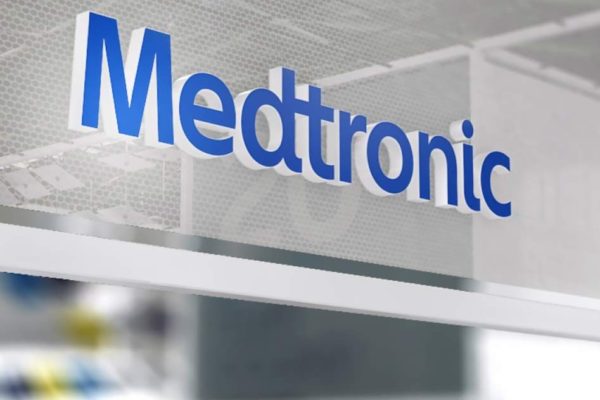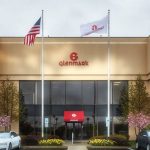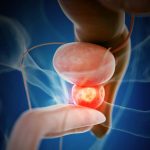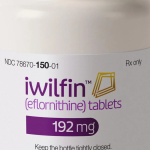Medtronic’s Percept™ RC Neurostimulator, Empowered by BrainSense™ Technology, Receives FDA Approval

Medtronic plc, a global leader in healthcare technology, proudly announced today the approval of its Percept™ RC Deep Brain Stimulation (DBS) system by the U.S. Food and Drug Administration (FDA). This innovative rechargeable neurostimulator marks the latest addition to the groundbreaking Medtronic Percept™ family, comprising the Percept™ PC neurostimulator, BrainSense™ technology†, and SenSight™ directional leads. The Percept™ family stands out as the only sensing-enabled DBS system available, catering to the personalized treatment needs of patients with movement disorders like Parkinson’s disease, essential tremor, dystonia, and epilepsy.*
With over 11 million people in the U.S. grappling with movement disorders and approximately 3.4 million facing epilepsy, the Percept™ RC DBS system represents a significant advancement in the field of neurostimulation.
The Percept™ RC neurostimulator, touted as the smallest and thinnest dual channel‡ neurostimulator for DBS, integrates Medtronic’s exclusive BrainSense™ technology. This technology not only captures but also records brain signals, providing invaluable insights that empower healthcare providers to adapt and personalize therapy according to a patient’s evolving needs. Unlike other rechargeable devices, the Percept™ RC battery boasts at least 15 years of service life with consistent and swift recharge performance, setting new standards in reliability and longevity.§ Patients can benefit from rapid recharging, going from 10% to 90% full charge in less than an hour.Ω
Renowned neurosurgeon and deep brain stimulation expert, Dr. Casey H. Halpern, commented on the potential of the Percept™ RC, stating, “While more data are needed, the sensing capability of this unique deep brain stimulation system allows me the potential to tune stimulation delivery to brain activity, which may be a way to personalize this therapy for Parkinson’s disease in the future.”
An essential aspect of the Percept™ RC’s design is its compatibility with magnetic resonance imaging (MRI). Nearly 70 percent of all DBS-eligible patients may require an MRI as part of their essential care. Medtronic, being a pioneer in this space, was the first in the United States to offer full-body MR Conditional DBS systems, enabling patients to undergo safe scans anywhere on the body under specific conditions.†† The Percept™ neurostimulators also allow patients to have stimulation on in bipolar mode during an MRI, providing greater freedom and scan access for patients with 3T scans and best-in-class 1.5T MRI scan labeling5-7. Furthermore, the Percept™ neurostimulators are engineered to accommodate future software updates for the Percept™ platform without requiring a device exchange. The company had previously suffered a setback following a negative FDA vote on its blood pressure device.
Dr. Eleni Okeanis Vaou, a deep brain stimulation expert with the University of Texas Health Science Center at San Antonio (UT Health San Antonio), expressed enthusiasm about the Percept™ RC, stating, “This new rechargeable neurostimulator technology provides me with insights into my patients’ symptoms and can capture data even when they’re outside of the clinic.”
Since 1987, Medtronic has been a pioneer in DBS therapy, serving over 180 thousand patients in more than 70 countries. The availability of Percept™ RC in the U.S., alongside its CE Mark approval in Europe and availability in Japan, positions Medtronic to continue its legacy of transforming lives through innovative DBS therapy.
For more information, visit Medtronic’s official website.





